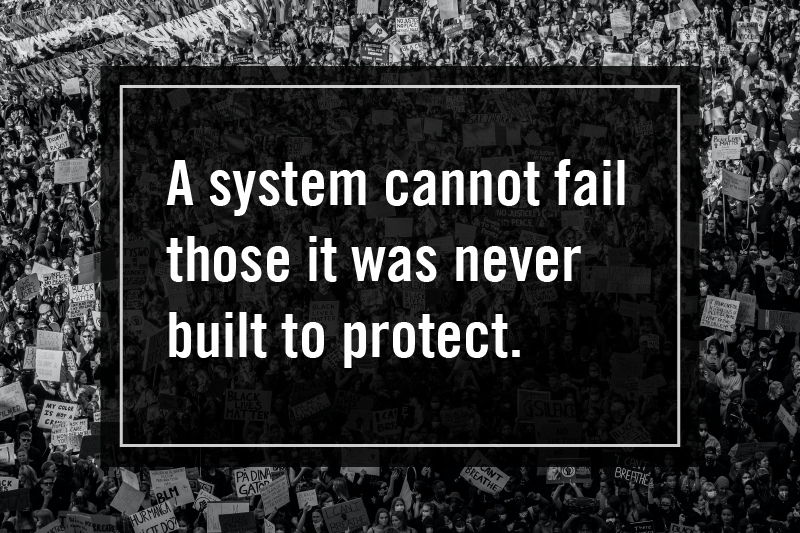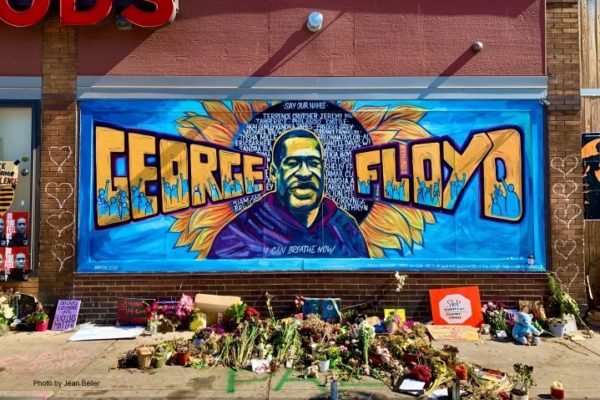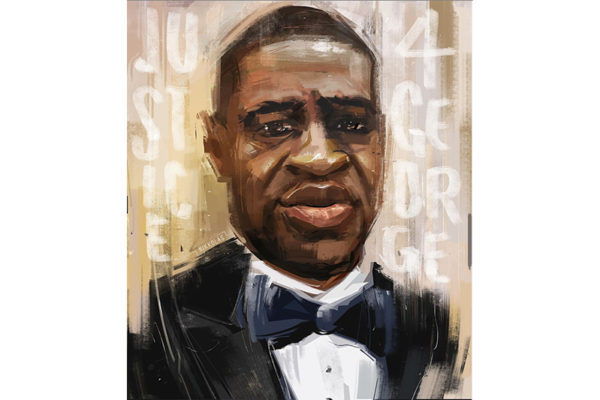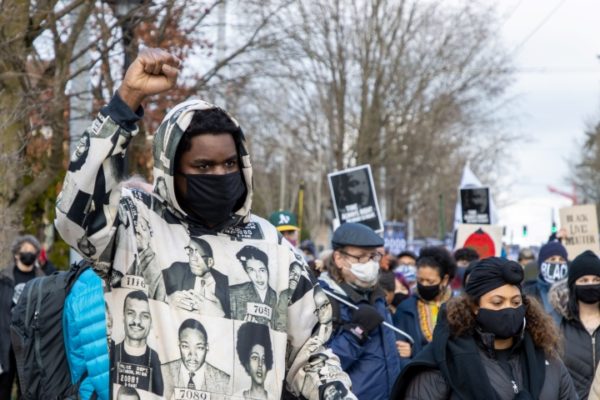It’s Time to Restructure Policing
Policing in our community and across the nation is broken. Reforms have been in place for years—de-escalation training, alternatives to incarceration, body camera requirements, etc.—and yet the change has been too modest and too slow. Alternatively, over the last two weeks, the pace at which change is coming as a result of the long-standing racist behavior in policing is encouraging. This movement, led by people of all backgrounds, shows the urgency in how we must act as a community.
Policing is a publicly funded resource that is not trusted, available or used the same way in communities of color as it is in predominately white neighborhoods.
Even if you haven’t experienced first-hand the fear and distrust that people of color too often feel toward police officers, you know the fear and distrust is real. When a 26-year old emergency room technician is shot in her own home by police who have not announced themselves, it’s real. When an alleged counterfeit $20 bill can lead to your death, it’s real. For the woman in Central Park disobeying the leash law who objected to a bird-watcher said “I’m going to tell them there’s an African American man threatening my life”—she knows it’s real.
“It’s time we replace the anger, fear and despair felt for generations. At United Way, we envision a different tomorrow”.
The current policing system is simply not equitable. We encourage the mayors and councils of all the 39 cities in King County, the King County Executive and King County Council to take a hard look at fundamentally restructuring the system and the funding of all crisis response systems. These are hard decisions, but there are undoubtedly more equitable ways to fund what our community needs. And with a $409M budget for the Seattle Police Department alone, there’s room for these sorts of changes:
- Homelessness should not be criminalized. This economic crisis will only exacerbate our already bulging homelessness problem—one that is grossly underfunded. Can we use resources differently so that armed police officers are not the go-to when someone is having a mental health crisis? Does a 911 call need to result in multiple cars for someone sleeping in a doorway?
- Arming students for success, not School Enforcement Officers with guns. Given what we know about how just one school suspension or one infraction can impact the trajectory of a young person’s life, is having SPD officers on campus the right use of dollars? Research shows that an increased police presence can particularly have a negative impact on achievement and attendance for Black youth.
- Eliminate harassment. Racial profiling is prevalent and disproportionately impacts people living in poverty—and especially those living at the intersection of race and class. Traffic stops continue to happen solely for appearance-based suspicion. Implicit bias exists and it causes harm. When a Black social worker, on the job, in Kirkland is asked to leave a yogurt shop, one wonders what is allowed.
We stand with Black Lives Matter, the ACLU, our Indigenous and other communities of color in demanding urgency, openness and boldness to restructure the current system.
Dismantling racist and oppressive systems must involve those most affected. These fundamental changes in resources must be community-informed. Black, Indigenous, and other people of color-led organizations, rooted in the communities they serve, must be involved in developing these recommendations.
The time for courageous action is now. We’re ready to be part of a movement to re-imagine what it would look like for policing to be considered a valuable resource in our community, and to build a King County that is truly just and equitable.





Comments